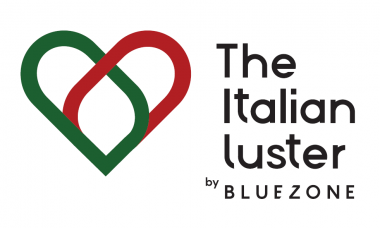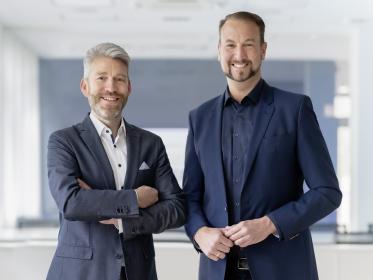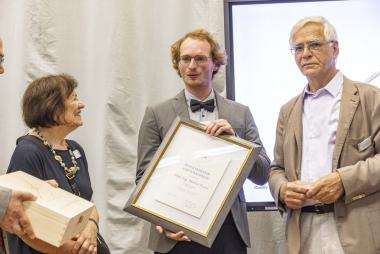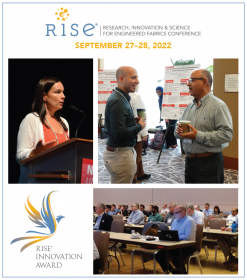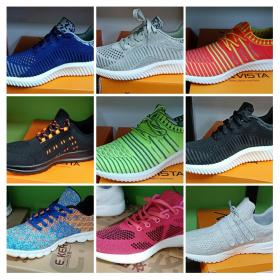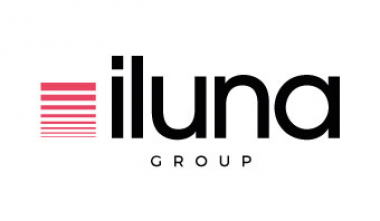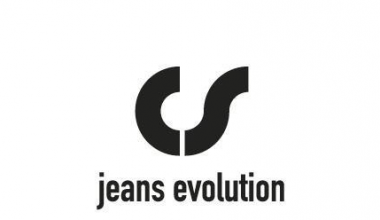DNFI Award 2022 – Deadline 9 Sept
As every year, in 2022 the Discover Natural Fibers Initiative (DNFI) called on individuals, universities, textile researchers and companies to submit their products, projects, processes and ideas in the field of Natural Fibres from the following categories:
- Innovative products, components or applications
- Innovative processes and procedures
- Innovative research and science
The DNFI Innovation in Natural Fibres Award aims to promote the development of new products/components and applications using natural fibres as well as new processes for manufacturing of environmental friendly products. Universities, institutes, industry and individuals working in the area of scientific research are invited to participate. “Sustainability” should be just one important aspect of each submission considered by the judges.
The DNFI Innovation in Natural Fibres Award aims to recognise the innovations as well as the people and institutions responsible for them with the goal of raising public awareness of the achievements of the natural fibre sector as a whole.
Get the details online.
European Industry and Research Exchange on Technical Textiles













